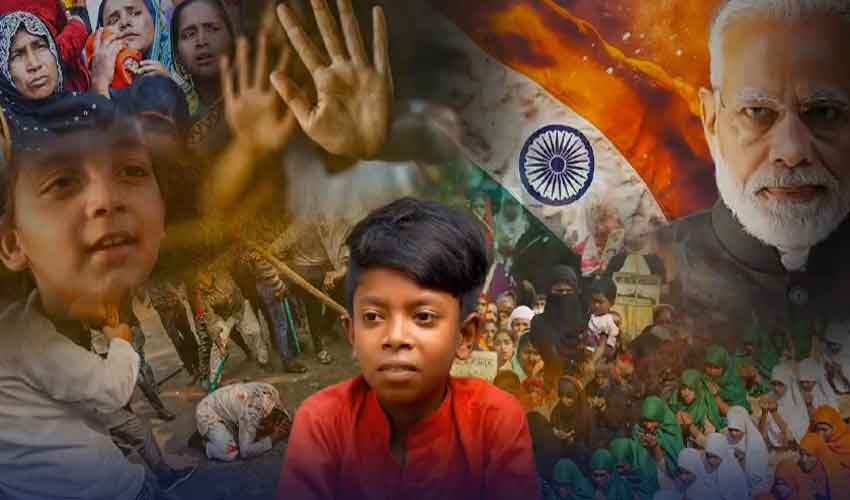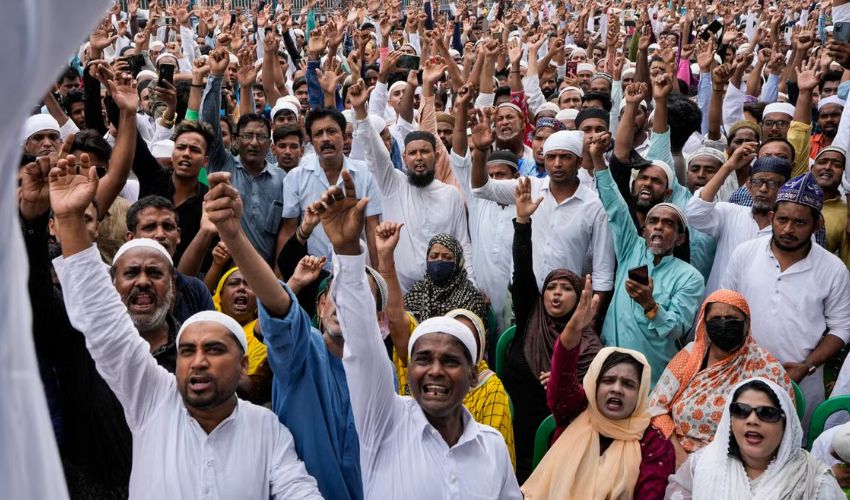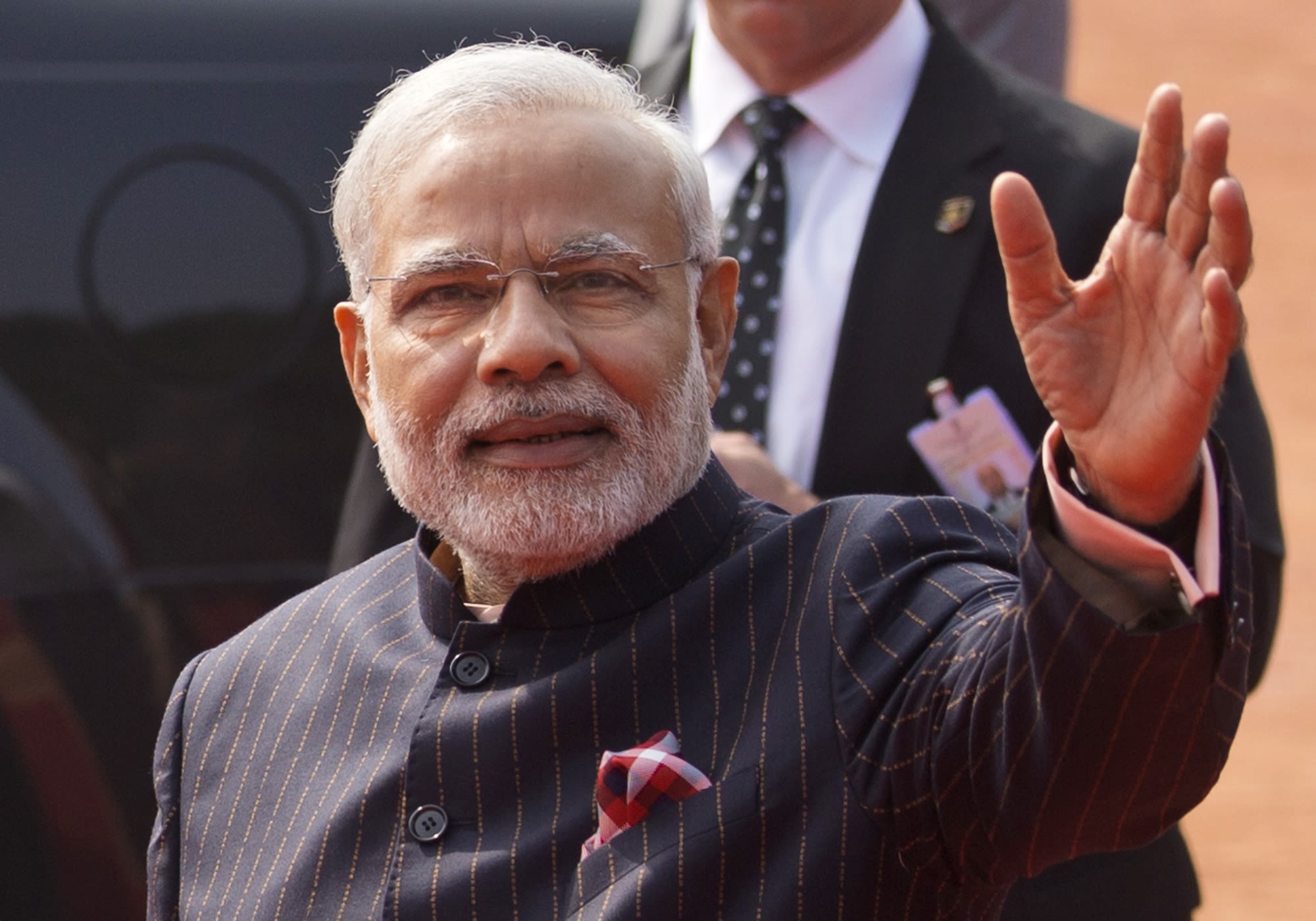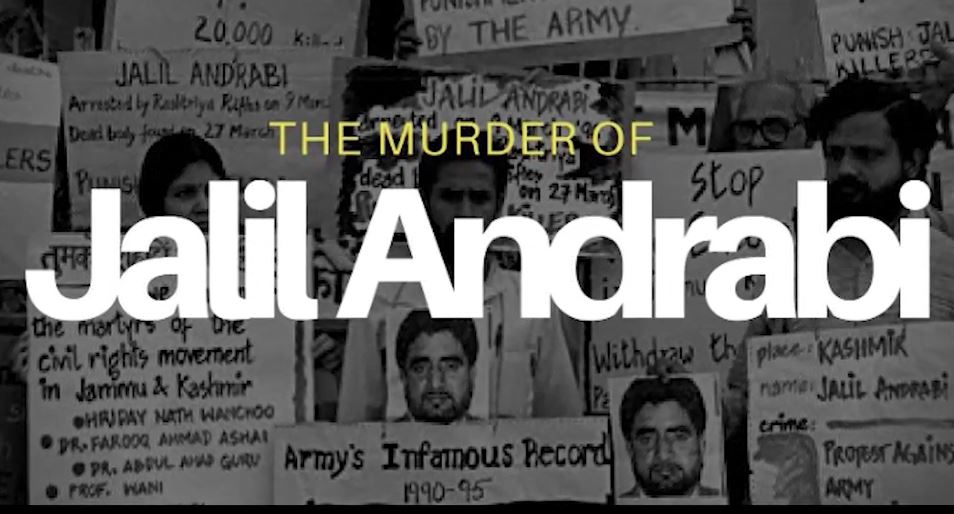Tensions between Hindu extremists and the Muslim minority in India continue to escalate, with the latest unrest centered around Uttarakhand and Himachal Pradesh.
The conflict, which stems from longstanding religious and political divisions, has intensified as extremist Hindu groups call for the demolition of mosques in the region.
In recent weeks, a campaign has been launched by Hindu nationalist groups demanding the destruction of several mosques, including one in Shimla's Sanjuli area and another in Uttarkashi.
The groups claim that these mosques were illegally constructed on land reserved for other purposes, an allegation hotly contested by local Muslim leaders. Halim Baig, a Muslim lawyer from the area, has firmly refuted these claims, asserting that the mosques were built legally, with proper documentation proving land ownership.
The situation took a violent turn when Hindu extremists looted and vandalized Muslim-owned shops in Chamoli district, Uttarakhand, following accusations against a Muslim youth. In Tehri Garhwal, local Muslim shopkeepers were forced to flee after facing baseless charges of "love jihad" — a controversial and inflammatory term used by Hindu nationalists to accuse Muslim men of luring Hindu women into marriage for religious conversion.
The unrest has been further fueled by Hindu extremists staging protests that included anti-Muslim slogans and calls for the closure of meat shops. In a shocking move, local BJP leader Lakhpat Bhandari held a rally in which he advocated for an economic boycott of Muslim-owned businesses, a tactic aimed at financially crippling the Muslim community in the region.
Condemnation of the violence and the divisive rhetoric has come from various quarters. Indresh Mekhuri, a senior official from the Communist Party of India, denounced the rally and the call for an economic boycott, urging BJP leaders to apologize to the Muslim community for the inflammatory rhetoric.
The situation remains highly volatile, with fears that the unrest could spread to other regions. As millions of Muslims across India continue to face discrimination and violence under the increasingly hostile political climate, human rights organizations and international bodies, including the United Nations, are being urged to step in and address this alarming rise in sectarian violence.
Calls for intervention and peacebuilding are growing as India's religious fault lines become more pronounced, with the destruction of mosques symbolizing a broader campaign of marginalization against the country's Muslim population. The coming days will be critical in determining whether the Indian government will act to ease tensions or allow the cycle of hatred and violence to continue.



























